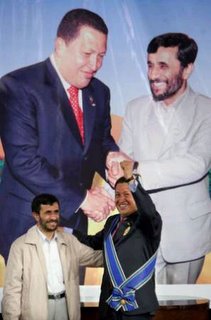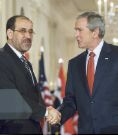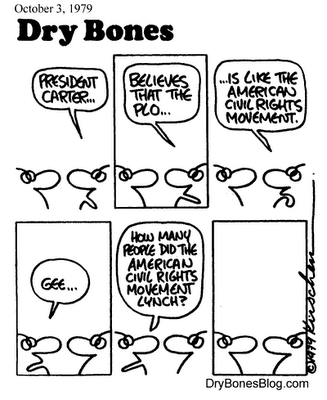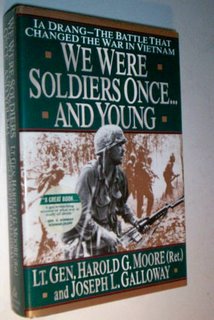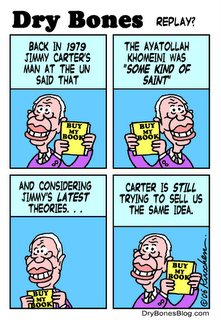Why I Continue to Support the President on Iraq

"I cannot desert a man (and it would certainly be desertion in a court of honor) who has deserted everything to defend his country, and whose chief misfortune, among ten thousand others, is that a large part of it wants spirit to defend itself."--Colonel William Taylor (pictured at left), in a letter to his fiance' on December 24, 1776, writing about another American wartime leader named George, General George Washington, as quoted in 1776, by David McCullough.
Oh, but there are such vast differences, one may say, between the situation in December 1776 and our own. The Bush Administration has committed blunders in Iraq. Certainly, but then, so did Washington commit huge blunders from July through December 24, 1776, failures of judgment and failures of leadership that had resulted in defeat at the Battle of Brooklyn, the capture of Fort Washington on Manhattan island, and the diminution and near destruction of the Continental Army, in the process very nearly dooming the campaign for American independence.
Has the American public lost confidence in George W. Bush? It appears so, but no more than the Colonial American public had lost faith in George Washington and the cause of independence from Great Britain. When on November 30, 1776, British Admiral Lord Richard Howe renewed his proclamation offering a "free and general pardon" to any colonist who came forward and took an oath of allegiance to the King, it was an immediate success. In New Jersey, which was the primary site of continuing armed resistance to the British forces, thousands flocked to the British camps to declare their loyalty.
One fundamental difference, perhaps, is what was then and is now at stake. When Lord Howe, in his amnesty proclamation, promised that those taking the oath of allegiance would reap "the security of their most valuable rights, under the just and most moderate authority of the crown and the Parliament of Britain," he was not making vain declarations. Few citizens of Great Britain in the late 18th century considered themselves the subjects of a despot. To the contrary, they enjoyed political freedoms unknown throughout the world, and the colonists themselves declared that they were fighting for their rights as Englishmen. All it would have taken to bestow those rights on the American colonists would have been a change of ruling parties in Parliament, from the Tories to the Whigs. Indeed, Lord Howe and his brother, General William Howe, respectively the commanders of His Majesty's navy and army in the American colonies, were both staunch Whigs, and sympathetic to the argument for American colonial representation in Parliament.
In contrast, Americans today confront in Islamism the most daunting challenge to human freedom since the demise of Communism, an ideology that would crush the individual freedoms, democratic institutions and humanistic values that are the proudest legacy of Western civilation, the legacy born of 2500 years of intellectual development from sources in Judaism, Christianity, Greek philosophy and government, the Renaissance and the Enlightenment. To seek what we risk losing, one only need look at those benighted and unfortunate nations where the ideology of our enemies holds sway.





